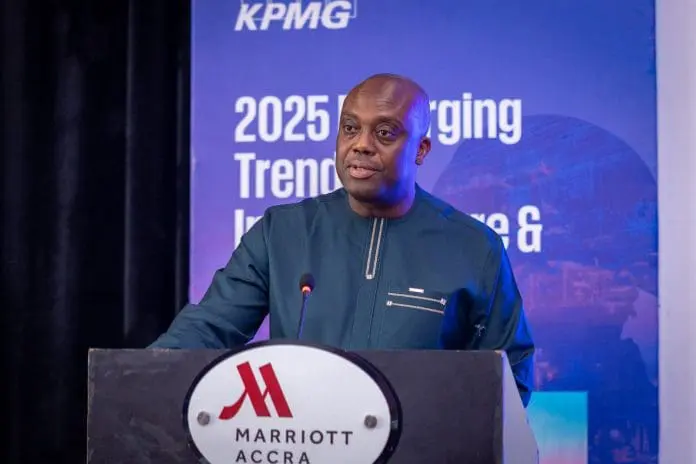By Shivana Lal
Copyright trinidadexpress

Business groups in Central and South Trinidad have renewed their call for a fairer and more inclusive system that will ensure an equitable distribution of foreign exchange to all businesses, including small and medium enterprises (SMEs).
They say while they do not seek to deny larger firms access to forex, it is necessary that SMEs be given a seat at the table.
Their call follows the publication in the Sunday Express of a list of companies that accessed US dollars from EximBank.
From 2020 to mid-2025, the EximBank distributed US$1.4 billion in forex to 123 companies under the essential window.
Separately, US$1.2 billion was sold to manufacturers under normal operations between 2018 and June 2025.
President of the Fyzabad Chamber of Commerce (FCOC) Angie Jairam said on Tuesday that the data demonstrated that larger companies have continuous access to forex.
She said while small and medium enterprises (SMEs) drove employment and innovation, for years they have faced difficulties in accessing forex.
Head of the Chaguanas Chamber of Industry and Commerce (CCIC) Baldath Maharaj added that while these allocations were important for stability and consumer confidence, the SMEs, who “employ thousands and serve as the real backbone of the economy, are left to struggle”.
“Too often, SMEs are forced to resort to the parallel market at high premiums and the use of credit cards that convert at a higher exchange rate, making it difficult to forecast their business models, remain competitive, or plan for growth,” he said.
However, he stated that the issue was not to deny larger firms the forex they need.
“It is about ensuring a fair and transparent system. For years, the Chamber has been calling for greater transparency in the allocation process. If SMEs knew the criteria and had access to predictable allocations, they could plan their imports, stabilise pricing, and manage their businesses with greater certainty. Transparency and predictability are essential to building trust and helping SMEs thrive,” he continued.
He added: “The Chamber does not take a political position on this matter but a principled one. SMEs deserve clarity, fairness, and a seat at the table. We therefore renew our call for constructive dialogue between policymakers, the banking sector, EximBank, and the wider business community.”
New strategies
President of the Greater San Fernando Area Chamber of Commerce (GSFCC) Kiran Singh said that new strategies were urgently required to ensure a fair allocation of forex to SMEs and ordinary citizens.
These, he said, included the promotion of import substitution; tightening of forex allocation to prevent “double-dipping” by companies; increasing support for SMEs; the periodic review of items categorised as essential; encouraging export growth; transparency and public accountability; and consumer education.
“Saving forex requires an economic shift from heavy import dependency toward local production, transparency, and equitable access. By tightening allocation rules, prioritising SMEs, removing outdated ‘essential’ items, and boosting exports, Trinidad and Tobago can preserve forex reserves and ensure more citizens benefit fairly from the system,” he added via WhatsApp messages.
The Chambers stated their willingness to partner with the Government and financial institutions to create solutions that would benefit the business community and, by extension, the national economy.



